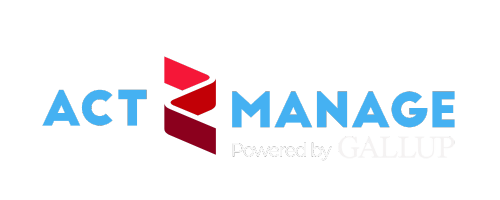Ensure safety. Change your behaviour on both rational and emotional levels. If necessary, go into the details of a problem, understand it in its depth. Perhaps adding a new perspective will help the colleague to approach the situation differently. Stop occasionally and summarise what you have heard and understood. Ask clarifying questions. This is often enough help for your team member to come up with a potential solution.
Let colleagues use words like “problem”, “issue”, “sucks”, etc. They describe situations more honestly and convey emotions. The word “challenge” can be an euphemism, as it gives the feeling of experiencing difficulties and problems in a positive way. At least it is very difficult to judge whether we are crying or rejoicing… It can help to create a safe environment for colleagues if they are allowed to openly express their feelings.
Instead of complaining, ask for a problem description. Help your team member to distinguish complaining from real danger. Complaining is often accompanied by words like always or never, and contains fewer facts or figures. The person doesn’t really take ownership of the issue, and the story is usually about two opposing sides: the bastards (them) and us, the heroes. For example: “logistics never meets deadlines so we always have to bail the company out of the mess”.
The problem description is much more precise, it contains facts, figures and context, including the speaker’s own faults, e.g. “In the last 3 months we could not meet the delivery date for one of the products. Logistics missed the delivery date twice, but unfortunately there were two other occasions when our team could not respond to them appropriately”. A description like this gives a better basis to understand the details of the problem and to find a common solution.
Find the right person to solve it. When your colleague confronts you with a problem, assess how serious it is and the individual’s ability to solve it. If she is able to manage the situation on her own, a simple approval from you may be enough to get her started, or she may need guidance or coaching on how to think about the situation, thus widening the options.
If you think the problem is beyond her capabilities, first thank her for bringing it up. It will probably be useful to involve others in the solution, e.g. from another department or even yourself.
Our colleagues are always encountering problems. By encouraging them to bring them to us in a timely and constructive way, we can create a safer environment, empower them and respond in a timely manner or avoid a crisis.







